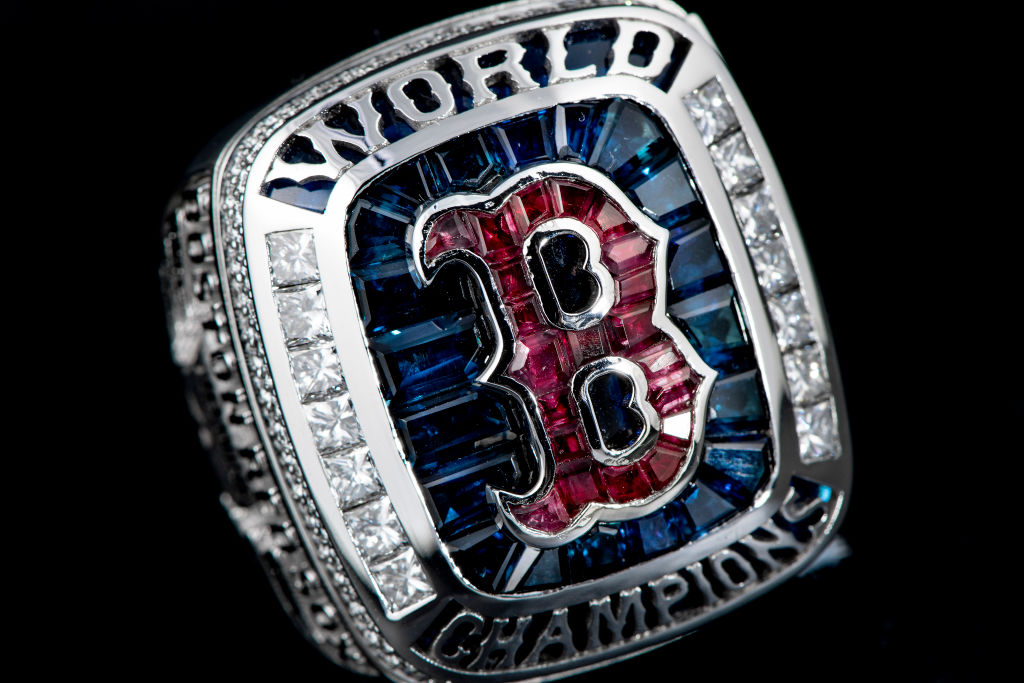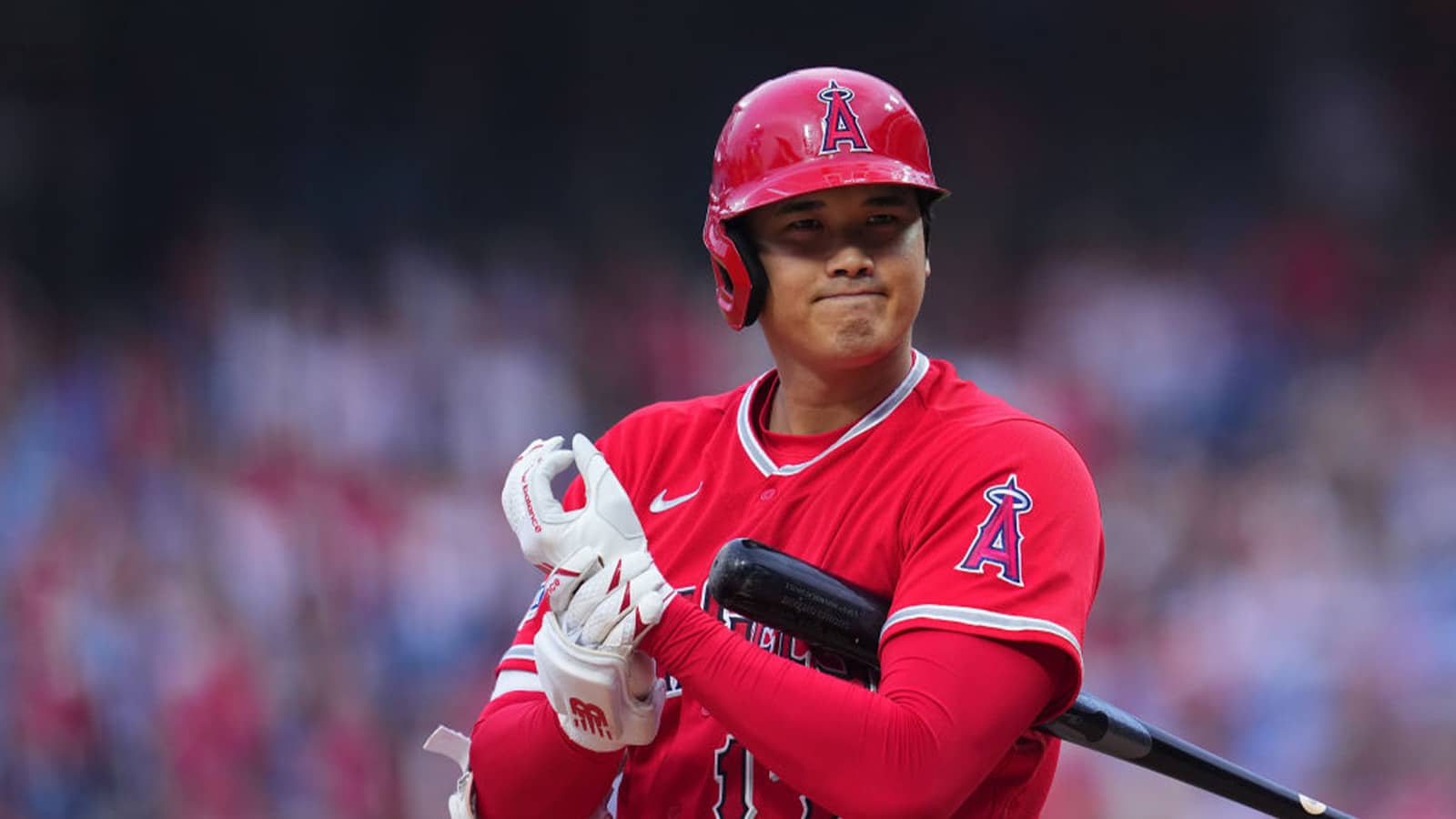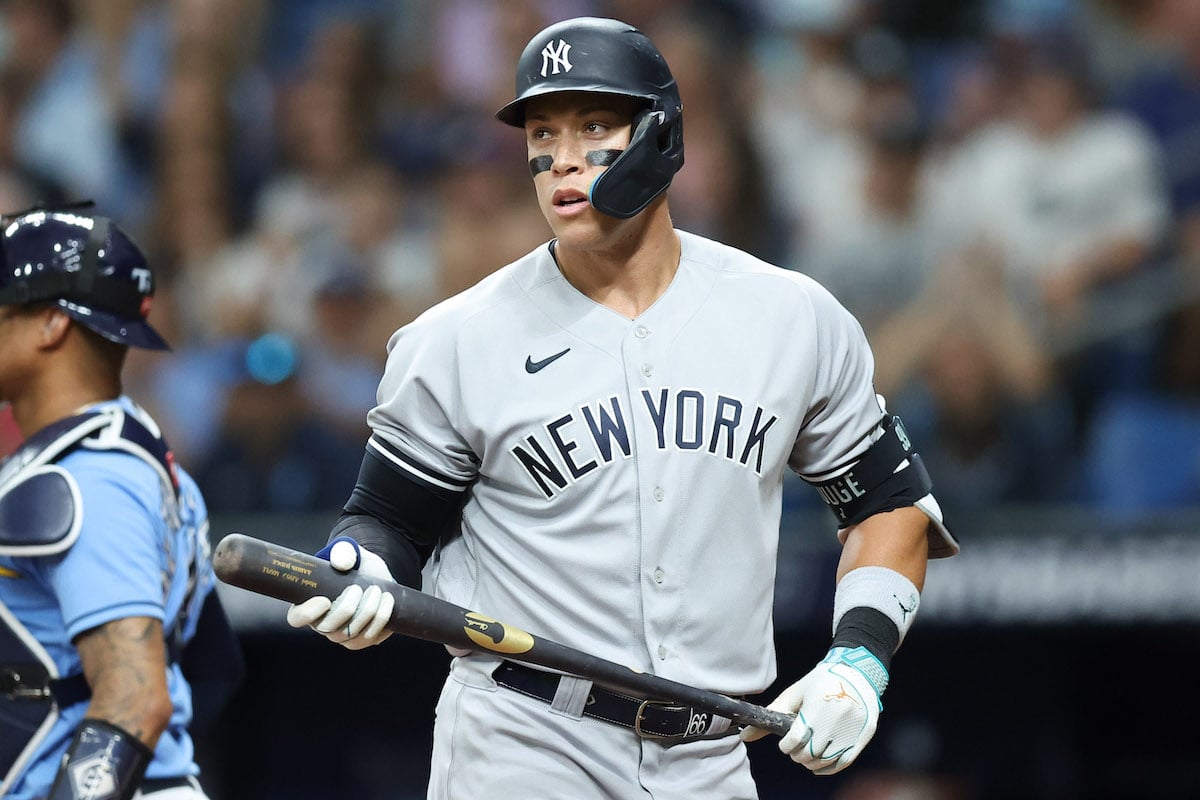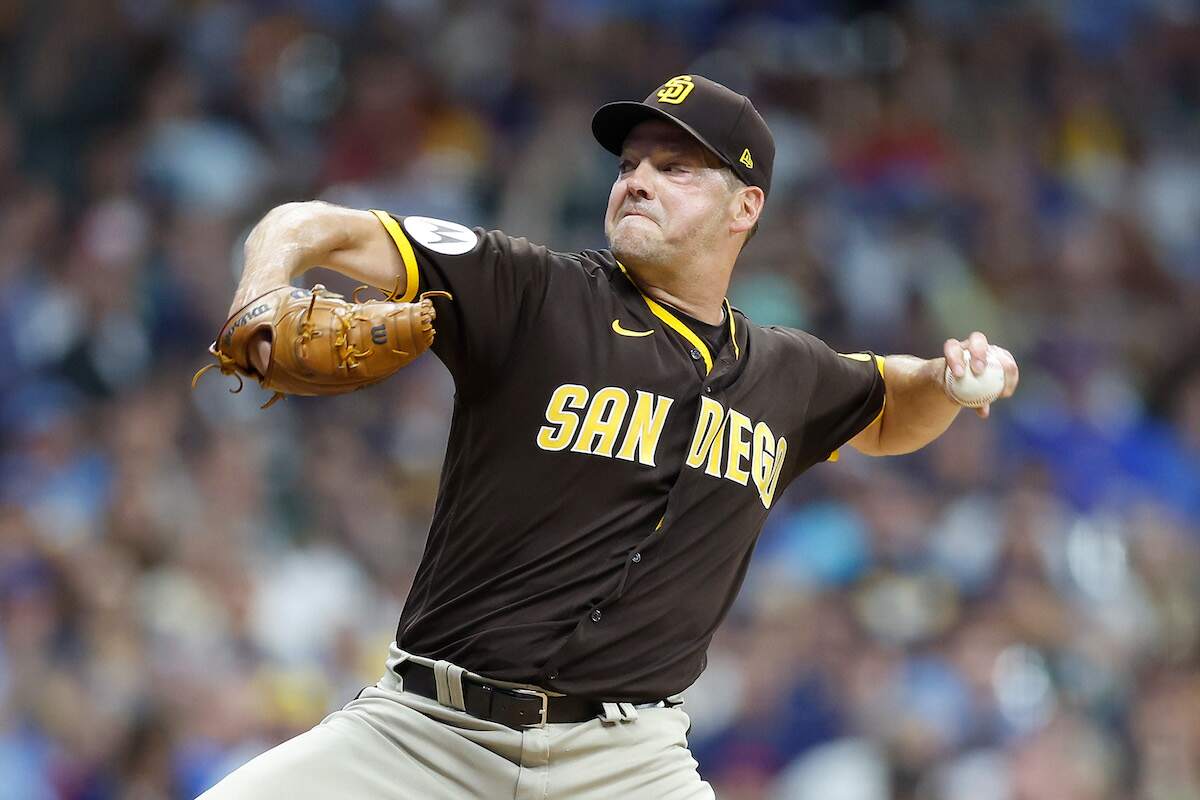
The Latest Frugality by the Red Sox Has a Ring to It
The Boston Red Sox may have frustrated their fans by executing a huge salary dump that cost them star outfielder Mookie Betts in a trade with the Los Angeles Dodgers, but the Massachusetts faithful would have seen it coming 10 months ago if they knew then what the baseball world knows now.
The Red Sox are saving significant money in the 2020 season with the big trade sending Betts’ one-year, $27 million deal and pitcher David Price’s three-year, $96 million contract to the Dodgers. As a bonus, it gets them out from under the luxury tax assessed on big-spending Major League Baseball franchises.
But the relatively insignificant amount of cash the Red Sox saved last spring with another move on the heels of a 2018 World Series triumph says more about ownership’s current mindset.
As they say on the street, it looks as though it’s all about the Benjamins for now.
The Boston Red Sox are a big-money conglomerate
Franchises in the major professional sports take in massive amounts of money in the form of broadcast contracts, ticket sales, corporate sponsorships, and merchandising. They also run up expenses, the most significant of which is player payroll for the majority of teams.
When revenue exceeds expenses, what’s left is a profit that enhances the value of the team. Forbes’ most recent annual analysis of MLB teams placed the value of the Boston Red Sox at $3.2 billion, third in baseball to the New York Yankees ($4.6 billion) and Los Angeles Dodgers ($3.3 million).
It doesn’t end there, though. Fenway Sports Group, the parent company of the Red Sox, also owns the Liverpool soccer club in the lucrative English Premier League and has major stakes in the New England Sports Network and a NASCAR racing team. Forbes estimates the total value of the empire at $6.6 billion.
Red Sox retrench after reaching the top
Beating the Los Angeles Dodgers in five games in 2018 gave the Boston Red Sox their fourth world championship since 2004. There was no encore in 2019, with the team finishing 84-78 for third place in the American League East.
Ownership raised eyebrows in September by parting ways with Dave Dombrowski, the club’s president of baseball operations. It was officially a firing, but it’s reasonable to speculate Dombrowski was advised that spending was going to be reined in and that he wasn’t enthusiastic about presiding over the ensuing rebuild, which could take several years.
The trade of Mookie Betts and David Price to the Dodgers was the final step – for now – in stripping the team down at the same time that the rival New York Yankees are setting themselves up for a championship run. That doesn’t sit well with baseball fans in Boston.
The Red Sox go cheap on World Series rings
The big prize for players who win the World Series is their six-figure share of the championship money pool. Even in the era of multi-million-dollar contracts, full shares of more than $416,000 apiece bolstered plenty of player bank accounts after the 2018 championship.
The secondary prize for winners is the World Series ring that teams purchase and hand out. The Boston Red Sox bought theirs through Jostens, paying an estimated $20,000 apiece, and distributed them in ceremonies last spring.
But those were the rings presented to players, coaches, key members of the front office and a few others in the organization. It has since been reported that the majority of the organization’s scouts and those involved in player development were given knock-off rings.
Instead of the deluxe model with 185 stones including genuine diamonds, rubies, and sapphires, they were awarded a version consisting of cubic zirconium and “lab-created” rubies and sapphires.
The craftsmanship alone means the rings have some value, but they don’t approach the cost of the deluxe version. In all, the Red Sox saved themselves enough to pay a journeyman utility infielder for a season.



